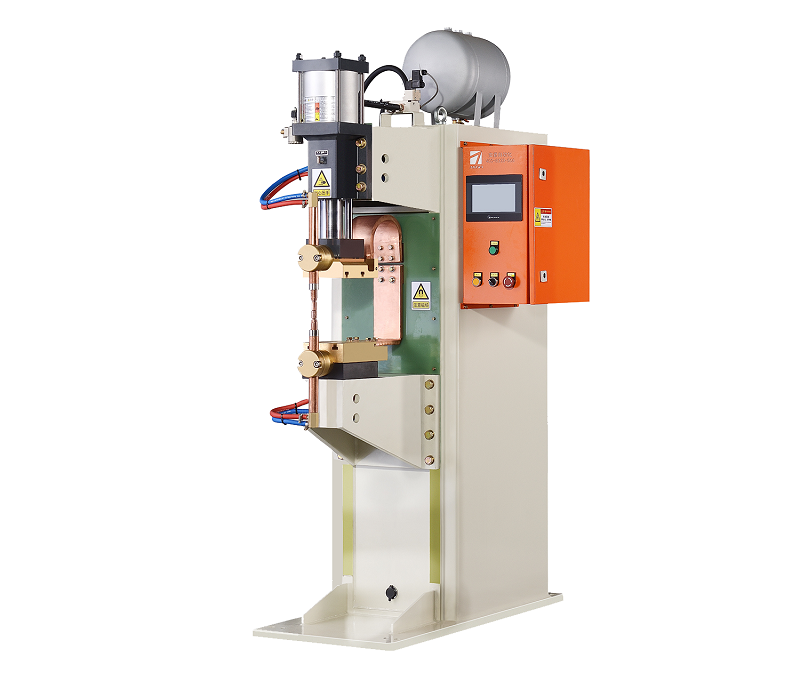Incomplete fusion, commonly known as “cold weld” or “lack of fusion,” is a critical issue that can occur during spot welding processes using medium-frequency inverter spot welding machines. It refers to a condition where the molten metal fails to fully fuse with the base material, resulting in a weak and unreliable weld joint. This article aims to explore the various factors that can lead to incomplete fusion in medium-frequency inverter spot welding.

- Insufficient Welding Current: One of the primary reasons for incomplete fusion is insufficient welding current. When the welding current is too low, it may not generate enough heat to melt the base material adequately. As a result, the molten metal does not penetrate and fuse properly, leading to incomplete fusion at the weld interface.
- Inadequate Electrode Force: Insufficient electrode force can also contribute to incomplete fusion. The electrode force applies pressure on the workpieces, ensuring proper contact and penetration during the welding process. If the electrode force is too low, there may be insufficient contact area and pressure, impeding the formation of a strong bond between the base material and the molten metal.
- Improper Electrode Alignment: Incorrect electrode alignment can cause uneven heat distribution and, consequently, incomplete fusion. When the electrodes are misaligned, the heat generated during the welding process may not be evenly distributed across the weld area. This uneven heat distribution can result in localized areas of incomplete fusion.
- Contaminated or Oxidized Surfaces: Contaminants or oxidation on the surface of the workpieces can interfere with proper fusion during spot welding. Contaminants, such as oils, dirt, or coatings, act as barriers between the molten metal and the base material, inhibiting fusion. Similarly, oxidation on the surface forms a layer of oxide that hinders proper bonding and fusion.
- Inadequate Welding Time: Insufficient welding time can prevent the molten metal from fully flowing and bonding with the base material. If the welding time is too short, the molten metal may solidify before achieving complete fusion. This inadequate bonding results in weak and unreliable welds.
Understanding the factors that contribute to incomplete fusion in medium-frequency inverter spot welding is crucial for ensuring high-quality weld joints. By addressing issues such as insufficient welding current, inadequate electrode force, improper electrode alignment, contaminated or oxidized surfaces, and inadequate welding time, manufacturers can minimize the occurrence of incomplete fusion and improve the overall weld quality. Implementing proper welding parameters, maintaining electrode condition, ensuring clean and properly prepared surfaces, and optimizing welding time are essential steps in mitigating the risk of incomplete fusion and achieving strong and reliable welds.
Post time: Jun-26-2023


